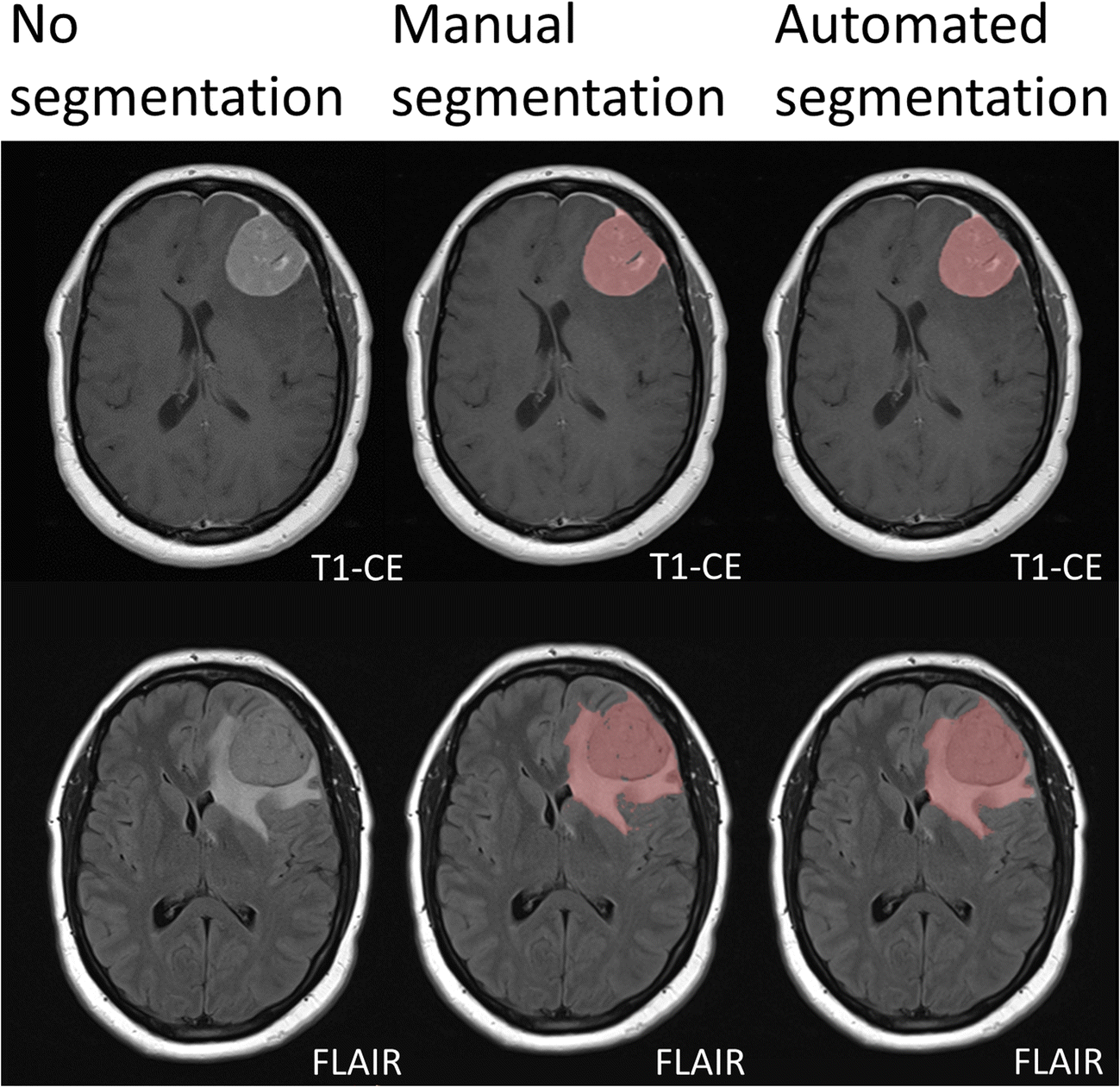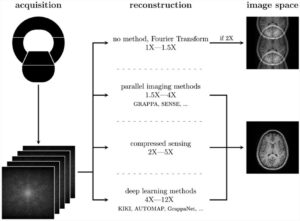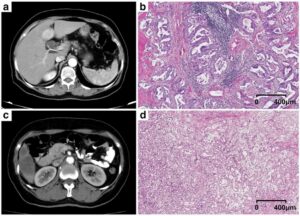These days, selling a medical product or software solution without bringing up ‘artificial intelligence’ seems to be an almost impossible task. Hence, a certain mistrust by most radiologists is understandable and, sometimes, even warranted. Proof provided by well-conducted studies is, therefore, necessary to sort out the technical approaches and applications that could be truly useful, as well as trustworthy, for clinical usage.
Still, we believe that Deep Learning as a part of Artificial Intelligence will play a pivotal role in the future of radiology and offers great potential, particularly for automated detection and segmentation of target lesions and anatomical structures. Volumetric assessment offers several advantages: In oncologic imaging it can be used for therapy planning and improved detection of tumour growth compared to classical diameter methods. Further, quantitative image assessment that relies on volumetric assessment of target lesions gains more and more importance, especially with regard to new developments such as MR Fingerprinting and Radiomics-based analysis. Automated segmentation offers two substantial advantages as it omits time consuming manual segmentations and provides higher objectivity, as well as reproducibility, compared to manual readers that suffer from relatively high inter- and intra-reader differences in segmentation accuracies.
In our study we used Deep Learning by applying a 3D-convolutional-neural-network for fully automated segmentation of meningiomas. What is astonishing is that the Deep Learning Model was initially trained on gliomas but still offered excellent segmentation accuracy for meningiomas. This implies that transfer to other brain lesions might be possible and new initial training of Deep Learning Models, which uses up a lot of resources, could be omitted.
Key points:
- Deep learning allows for accurate meningioma detection and segmentation
- Deep learning helps clinicians to assess patients with meningiomas
- Meningioma monitoring and treatment planning can be improved
Authors: Kai Roman Laukamp, Frank Thiele, Georgy Shakirin, David Zopfs, Andrea Faymonville, Marco Timmer, David Maintz, Michael Perkuhn, Jan Borggrefe













